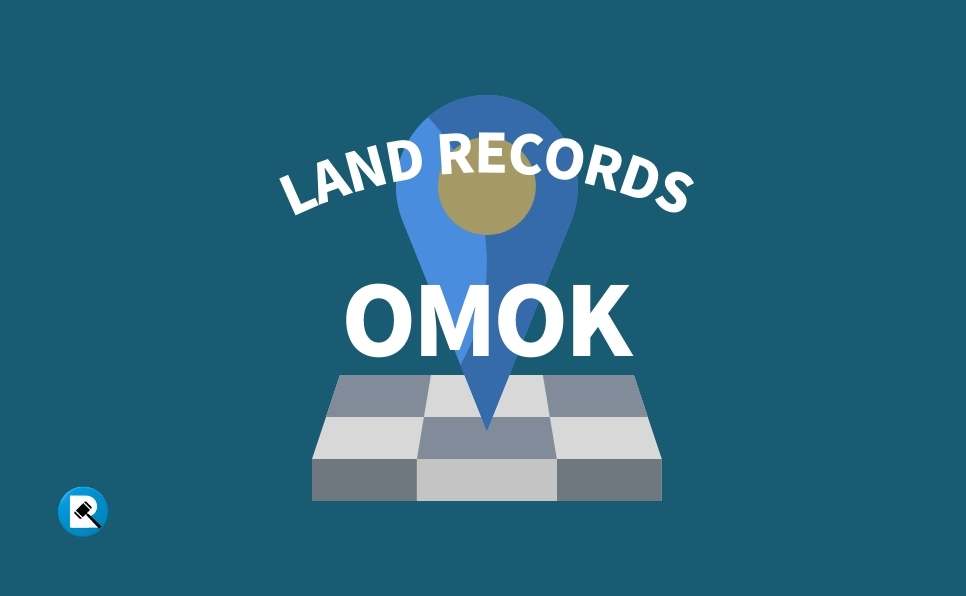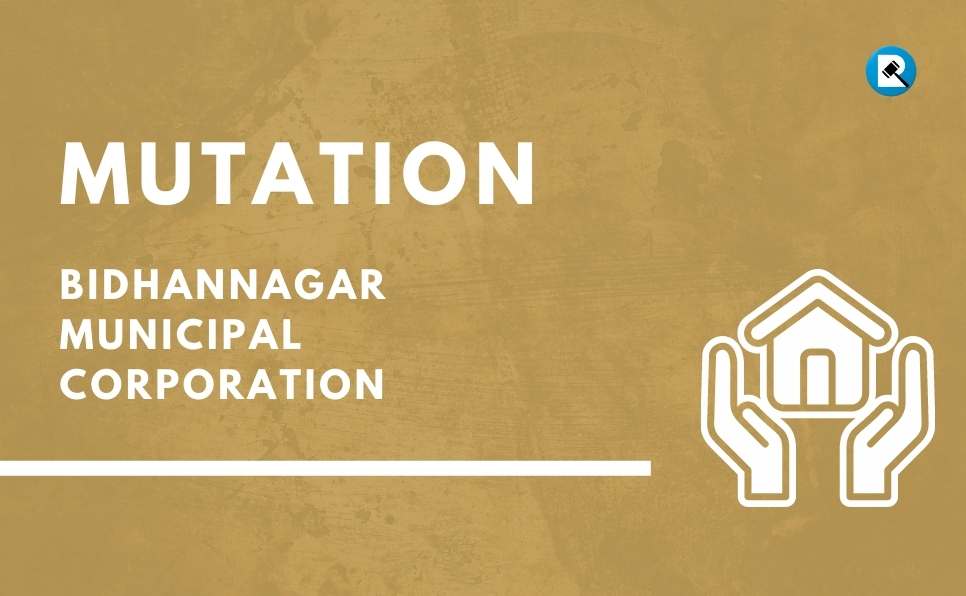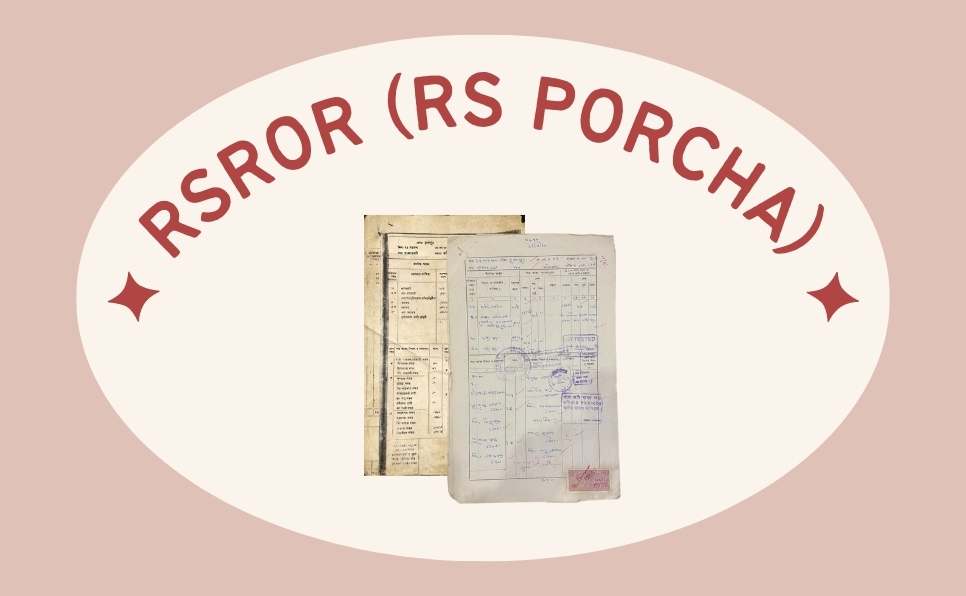Table of Contents
Introduction:
One Man One Khatian (OMOK) is a system that was introduced in the state of West Bengal to simplify the process of land registration and to reduce the scope of land-related disputes. The system is aimed at ensuring that each individual or family is allotted a unique plot of land, which is registered in their name, and cannot be encroached upon by any other person. In this article, we will discuss the concept of OMOK system in detail, its importance, advantages, and challenges in implementing it in West Bengal.
What is One Man One Khatian (OMOK) system?
One Man One Khatian (OMOK) system is a land registration system that was introduced in West Bengal in 2011. Under this system, each individual or family is allotted a unique plot of land, and the land is registered in their name. This is done to ensure that there is no scope for disputes over land ownership, and that every person has a clear and indisputable claim to their piece of land.
The system is based on the principle of ‘one man, one khatian’, which means that each person will have only one land record in their name. This land record is called a ‘khatian’, and it contains details such as the name of the owner, the area of the land, the type of land, and the location of the land.
Importance of OMOK system in West Bengal:
The OMOK system is of great importance in West Bengal, where land-related disputes are common. The system helps in simplifying the process of land registration, and ensures that there is no scope for disputes over land ownership. This is especially important in a state like West Bengal, where land is a scarce resource, and there is often fierce competition for it.
The OMOK system also helps in ensuring that the government’s land reform policies are implemented effectively. It ensures that the benefits of land reform schemes reach the intended beneficiaries, and that there is no scope for corruption or malpractice in the implementation of these schemes.
Advantages of OMOK system:
The OMOK system has several advantages over the traditional land registration system. Some of these advantages are:
1. Simplification of land registration process:
The OMOK system simplifies the process of land registration, and reduces the scope of errors and discrepancies in land records.
2. Clear land ownership:
The OMOK system ensures that each person has a clear and indisputable claim to their piece of land, and that there is no scope for disputes over land ownership.
3. Transparency:
The OMOK system promotes transparency in the land registration process, and reduces the scope of corruption and malpractice.
4. Effective implementation of land reform policies:
The OMOK system helps in ensuring that the government’s land reform policies are implemented effectively, and that the benefits of these policies reach the intended beneficiaries.
5. Reduction in land-related disputes:
The OMOK system helps in reducing the scope of land-related disputes, and ensures that disputes, if any, are resolved quickly and fairly.
Challenges in implementing OMOK system:
Although the OMOK system has several advantages, there are also several challenges in implementing it effectively. Some of these challenges are:
1. Lack of awareness:
One of the major challenges in implementing the OMOK system is the lack of awareness among people about the system. Many people are unaware of the benefits of the system, and are therefore reluctant to adopt it.
2. Resistance from land mafia:
The OMOK system poses a threat to the activities of the land mafia, who have been known to use illegal means to grab land. The land mafia, therefore, resists the implementation of the system, and may resort to violence and intimidation to prevent its implementation.
3. Limited resources:
The implementation of the OMOK system requires significant resources, such as manpower, infrastructure, and technology. The government may face challenges in providing these resources, especially in remote and underdeveloped areas.
4. Lack of political will:
The successful implementation of the OMOK system requires the support of the government and the political will to make it a reality. Lack of political will can hinder the implementation of the system and can also result in the dilution of the system’s benefits.
Conclusion:
One Man One Khatian (OMOK) system is a land registration system that has been introduced in West Bengal to simplify the process of land registration, reduce the scope of land-related disputes, and ensure that every person has a clear and indisputable claim to their piece of land. The system has several advantages, such as simplification of land registration process, clear land ownership, transparency, effective implementation of land reform policies, and reduction in land-related disputes.
However, there are also several challenges in implementing the system effectively, such as lack of awareness, resistance from land mafia, limited resources, and lack of political will. To realize the benefits of the OMOK system, it is important to address these challenges and ensure the effective implementation of the system across the state.



